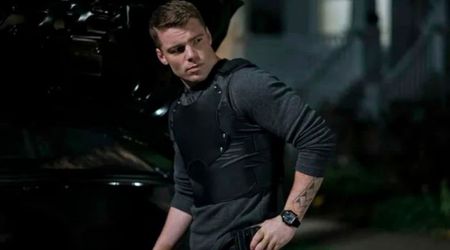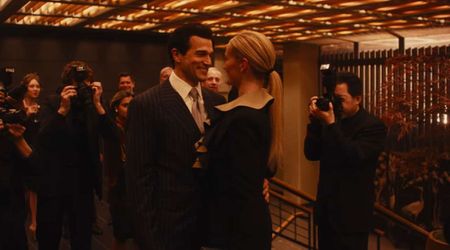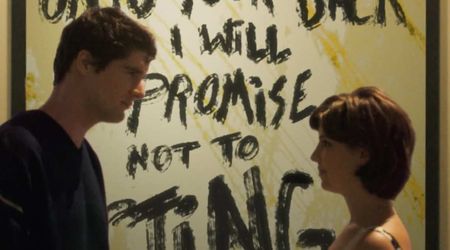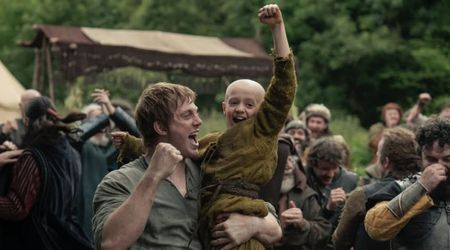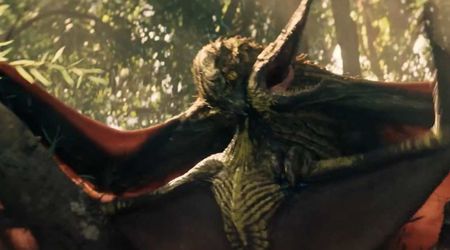'Ma Rainey's Black Bottom': Was 'Mother of the Blues' a lesbian? A look at her sexuality through song lyrics

In a pre-Stonewall era, and just two decades after the Emancipation Proclamation, the Mother of Blues, Ma Rainey had made quite the stir and not just in the music industry. Not only did she reinvent a whole new style of American jazz, but she also spearheaded what would soon be dubbed as rock'n'roll. As the inspiration for the likes of Dinah Washington, Bessie Smith, and even Janis Joplin, a new Netflix film attempts a homage at Ma, by weaving a fictional summer day in the Chicago of the 20s, where the iconic figure gets into difficult conflict over recording music with her manager and band members. The film sees Chadwick Boseman in his last feature performance as the Levee - the horn player Ma has a tiff with. And albeit emotional, Boseman's character is also directly linked to the other aspect of Ma, which was the topic of major controversy in her time - her sexuality.
Unabashed and undeterred even for times as controversial as her reign on jazz, Ma identified herself as a lesbian and even wrote several songs about her own sexuality. The Netflix film 'Ma Rainey's Black Bottom' sees Viola Davis play the titular part, romancing her on-screen girlfriend Dussie played by Taylour Paige. Whether Dusse and Ma were really a thing is a story for another day, but the film sees Ma smitten with Dussie the way a sugar daddy would with his prized baby. There's a vivid age difference between the two, and Levee's flirtatious hints towards Dussie go neither unnoticed nor unaddressed by her through the course of the film. Perhaps why Ma is so agitated over the young musician, bringing to mind how one of her most phenomenal song lyrics proclaim "Went out last night with a crowd of my friends/They must've been women, 'cause I don't like no men."
The above lyrics are from her 1928 hit "Prove it On Me Blues" which she performed live to an audience many times, astoundingly bold and beautiful with heavy, significant stress on her own pro-gay beliefs and voice at a time when social equality was yet to be conceptualized. Alleged rumors suggest that the song refers to a 1925 incident where Ma got arrested for having an orgy at her home which involved women from her chorus. Angela Y. Davis, activist and scholar, has also noted that "'Prove It on Me' is a cultural precursor to the lesbian cultural movement of the 1970s, which began to crystallize around the performance and recording of lesbian-affirming songs."
Ma, whose real name was Gertrude Pridgett, continued harping about women and their fondness for the boring man at a time when being a Black woman with things to say was controversial enough, let alone a Black lesbian singing about foreplay and aggressive same-sex lovemaking. In her songs like 1923's 'Bo-Weevil Blues'; 1924's 'Shave ‘Em Dry Blues'; 1928's 'Black Eye Blues'; and 1926's 'Don't Fish in m Sea', Ma repeatedly asserts her sexuality over what many would have believed at a time a passing phase or worse, an illness of the mind.
In that, Ma not only kickstarted a reinvented genre of music but she also loudly proclaimed and normalized musing gay lyrics in songs to live audiences - something way braver than Harry Styles wearing a gown in 2020. Unfortunately, the world doesn't know enough about it. Perhaps why the Netflix title should be advertised as an homage to her balls just as much as a tribute to the legendary talent of our beloved Black Panther.
'Ma Rainey's Black Bottom' premieres on Friday, December 18, only on Netflix.


